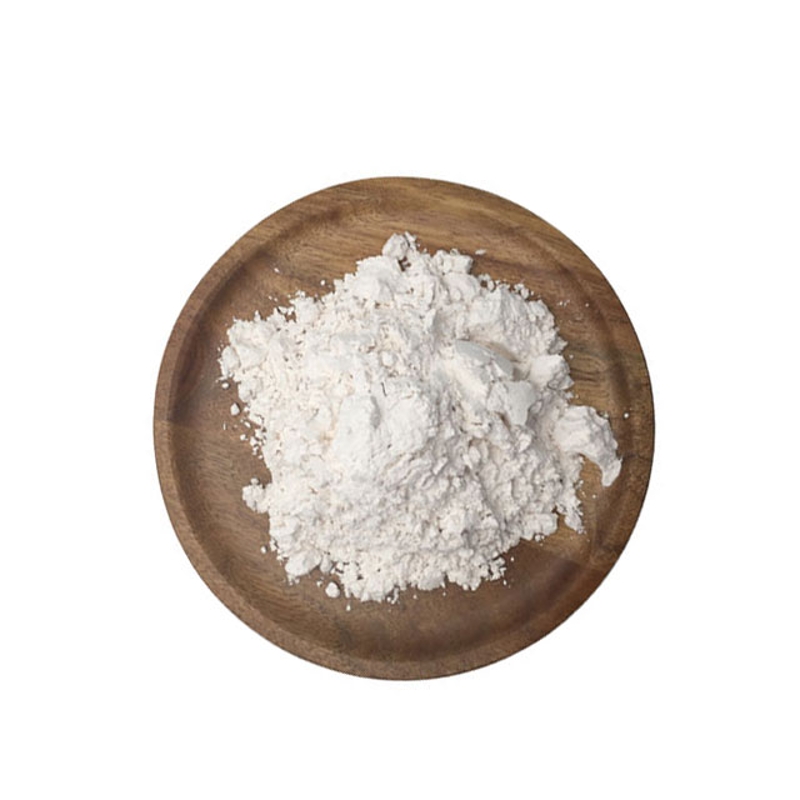Eur Heart J: Unhealthy eating, obesity, diabetes and cardiovascular disease are the deadly "four-carinat"!
-
Last Update: 2020-07-30
-
Source: Internet
-
Author: User
Search more information of high quality chemicals, good prices and reliable suppliers, visit
www.echemi.com
!---- Professor Thomas F. L?scher, editor-in-chief of the European Journal of Cardiology, recently presented several studies and described a fatal "four-carincure" link between unhealthy diet, obesity, diabetes and cardiovascular disease.article points out that in recent years, more and more studies have confirmed that the genetic characteristics of body metabolism, microbial populations and dietary patterns have a great impact on cardiovascular health., for example, studies have found that cholesterol absorption has genetic variability that affects blood levels of non-HDL cholesterol and the risk of coronary heart disease.a prospective study in the UK found that eating more fruits and vegetables reduced the risk of ischemic stroke by 13 per cent.Mediterranean diet is rich in fruits, vegetables, olive oil and fish.for residents who adhered to the Mediterranean diet, the study found that changes in multiple metabolic indicators in their bodies were associated with a reduced risk of cardiovascular disease.these metabolic characteristics are also associated with genetic sites of fatty acid and amino acid metabolism.today, the causes of the obesity epidemic are not linked to diet, culture and genetics.surgical weight-loss programs are beset in patients whose diet and lifestyle improvements are not effective in weight loss.studies showed that patients undergoing bariatric surgery had a 59 percent lower risk of cardiovascular adverse events, mainly due to a reduction in myocardial infarction and a 60 percent reduction in the risk of new heart failure.iron intake has been shown to affect cardiovascular health.basic studies have found that iron has the effect of promoting atherosclerosis.iron is deposited in the arterial medium in large quantities, and iron-induced lipid changes related to oxidative stress and vascular plaque formation, increased vascular permeability, activation of endothelial cells, elevated inflammatory media and reduced utilization of nitric oxide all contribute to atherosclerosis. unstable plaques driven byiron are characterized by reduced collagen, increased fat content, foam cell formation and calcification.on the other hand, low-iron diets or iron chelating therapy improve atherosclerosis., however, whether limiting iron intake can prevent vascular dysfunction and atherosclerosis caused by iron intake remains to be seen.another study found that young diabetics under the age of 35 were eight times more likely to die of heart cause than normal.this suggests the need for early cardiovascular risk assessment in young diabetics..
This article is an English version of an article which is originally in the Chinese language on echemi.com and is provided for information purposes only.
This website makes no representation or warranty of any kind, either expressed or implied, as to the accuracy, completeness ownership or reliability of
the article or any translations thereof. If you have any concerns or complaints relating to the article, please send an email, providing a detailed
description of the concern or complaint, to
service@echemi.com. A staff member will contact you within 5 working days. Once verified, infringing content
will be removed immediately.







